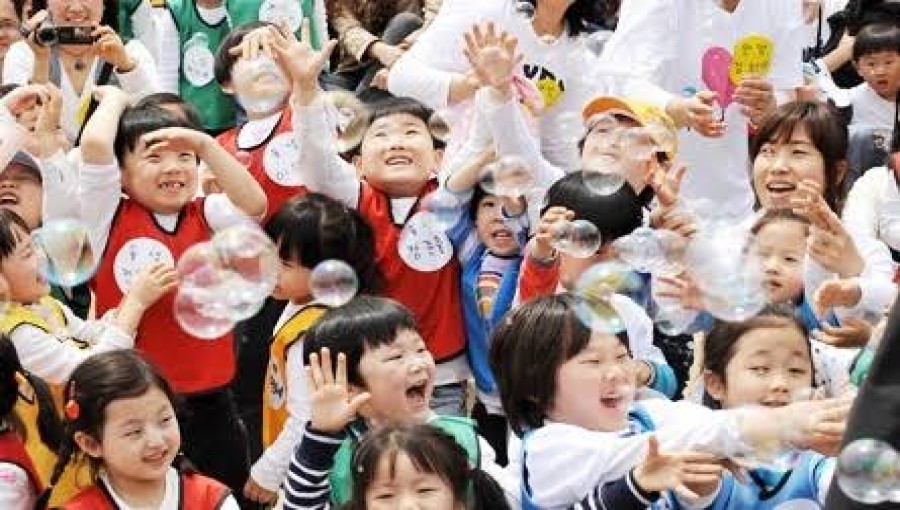
Photo: Collected
On Children's Day, people of all ages celebrate, and the whole community joins in the fun.
In South Korea, May 5th is Children's Day, a celebration of children and their importance to society.
Children’s Day, known as (eorini nal) in Korean, traces its roots back to the 1920s during the Japanese rule in Korea. At this time, writer and activist Bang Jeong Hwan recognized the importance of children in shaping the nation’s future.
The Background of Children's Day
This holiday was first observed in 1923 by writer and activist Bang Jeong Hwan in an effort to support children's rights in a society and globe where children were mistreated. This holiday was originally observed on the first day of May in S. Korea. It was, however, shifted to May 5th following World War II. In South Korea, this holiday is observed by the majority of children as a second birthday.
Children's Day, often known as "red day," is a significant official holiday observed annually in South Korea during the spring. This information is useful if you live in Korea and want to know how to spend Children's Day with your family or, alternatively, if you don't have children and want to know what not to do on the day. Children have the day off from school, while those who are paid take the day off from work. This is all the information you need to know about Children's Day in Korea.
Children's Day (orini nal), a national holiday observed on May 5th of each year in South Korea, was previously known as Boy's Day until 1975.
Pang Chong-hwan, a Korean children's author, started it in 1923 with the intention of fostering in the kids a sense of independence and patriotism. In 1975, it was declared a national holiday.
Children's Day serves as a reminder of children's inherent worth and their need for respect, love, and care. Additionally, it is a day to recognise adults who have made a positive difference in the lives of children.
On Children's Day, people of all ages celebrate, and the whole community joins in the fun.
Children can enter museums, zoos, amusement parks, and movie theatres for free. Many cities also host parades and other public events.
Classical games like yut are played. On Children's Day, children get gifts from both their parents and the businesses they visit.
Children's Day events frequently include tae kwon do demonstrations. Over 2,000 years ago, in Korea, tae kwon do emerged as a method of self-defense. It is a physical and mental discipline that incorporates more rapid, precise kicks than Japanese-style karate.
END/V7N/SMA/DK/

Comment: